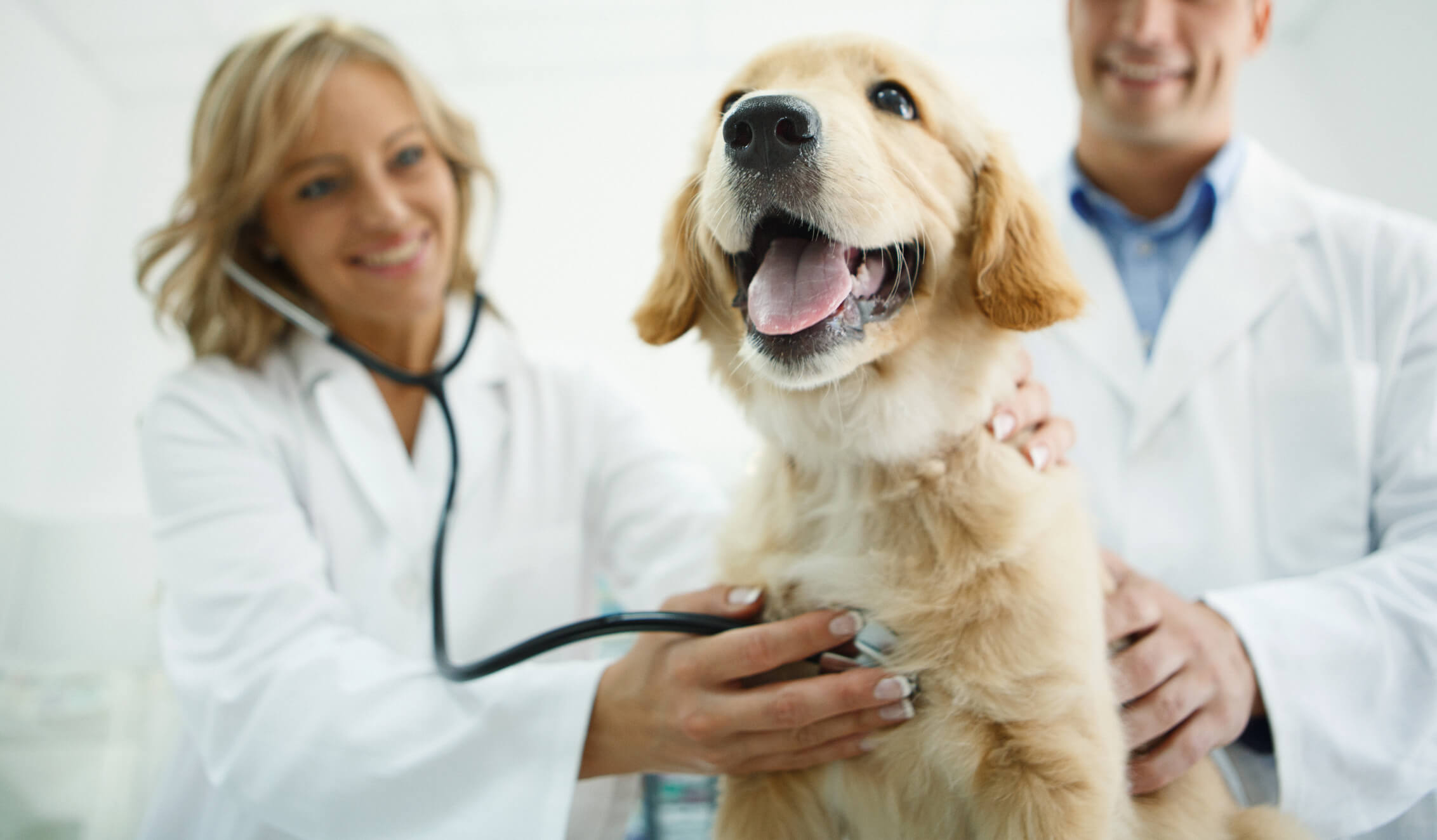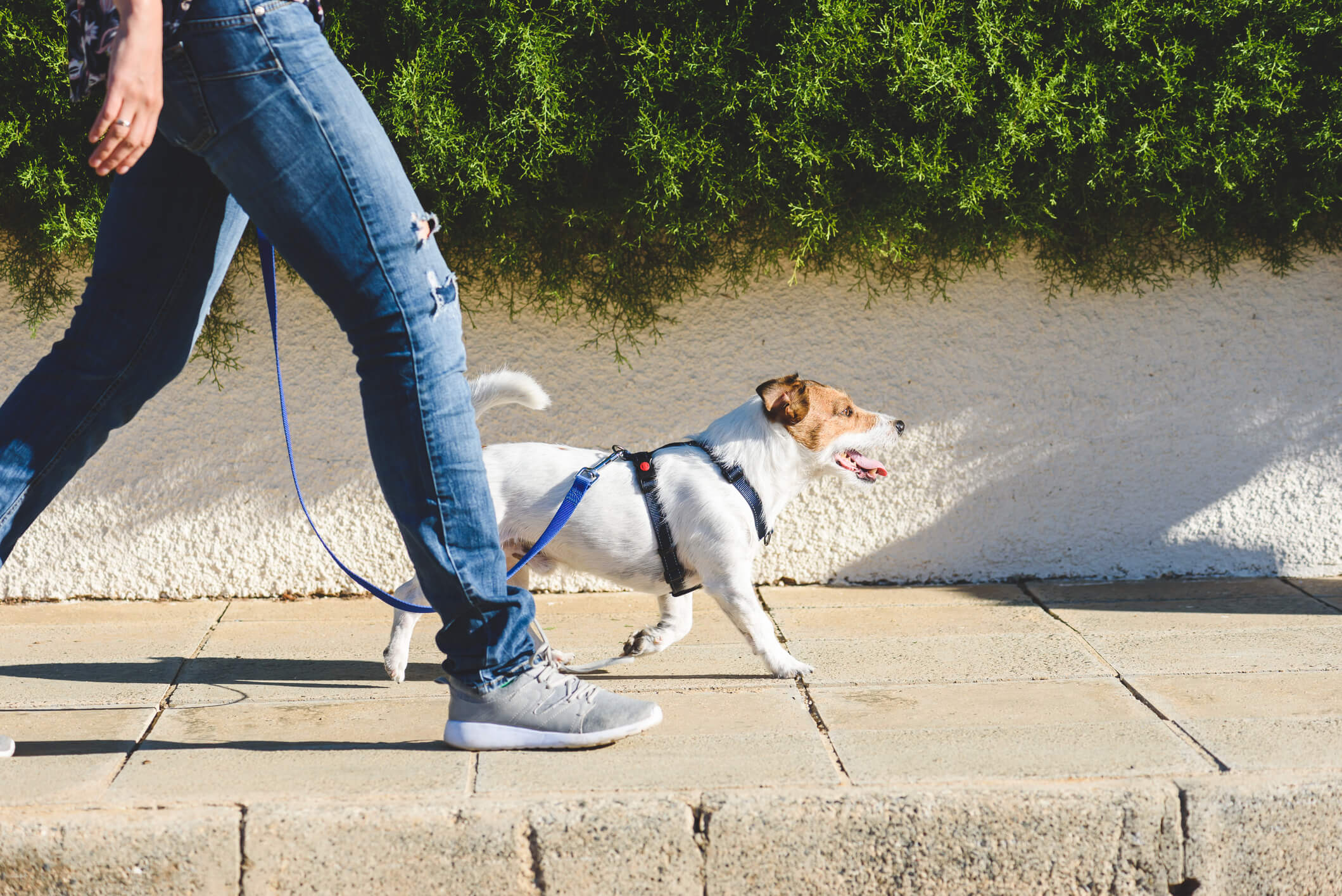
How to Keep Your Recently Adopted Pet Healthy
A lot more goes into owning a cat or dog than new pet parents realize. In addition to the basics like food, love and attention, a newly adopted pet needs preventative measures like spaying or neutering, vaccines, regular checkups, proper nutrition and more.
For those who’ve just adopted their first pet, the following tips will help your fur baby start their new life strong.
Schedule a trip to the vet
First and foremost, bring your new furry friend to the vet. Shelters usually vaccinate their animals prior to adoption, but chronic diseases can fly under the radar. A vet will thoroughly examine your cat or dog to determine if there are any underlying conditions that might have previously gone unnoticed. From there, you and your vet can come up with a treatment plan to slow and possibly reverse the progression of your pet’s condition.
Your cat or dog may already have a full round of vaccines. However, it doesn’t hurt to confirm that the animal’s vaccine records are up to date. The vet can educate you about additional vaccinations that aren’t mandatory but strongly recommended. A veterinarian will ensure your pet has the lowest risk possible of contracting potentially fatal infections.

Every cat and dog should get spayed or neutered. In addition to preventing unwanted litters, this procedure offers many health benefits. It eliminates the urge to reproduce, which makes pets less likely to wander off in search of a mate. The sooner your pet is altered, the less risk they have of developing cancer of the reproductive organs, infections or behavioral problems. Spaying and neutering is best done during the pet’s first year of life, right after they’ve fully matured.
Sign up for pet insurance
While you’re at the vet’s office, ask about options for pet insurance. It may not seem necessary right now, especially if your fur baby is young and healthy. However, no one knows what the future holds. As pets become older, they’re prone to age-related chronic illnesses like arthritis and kidney disease. Treatments get pretty expensive when you’re paying out of pocket. Spend a little bit of money now so you can save a whole lot down the road.
Pet insurance gives owners peace of mind knowing their furry companion will get the appropriate treatment. Owners without pet insurance often can’t afford to pay medical bills all on their own, which means their poor fur baby will have to wait until they can scrape together enough funds. Pet insurance prevents this headache and provides the safety net every owner needs.
Give them nutritional supplements
A daily nutritional supplement can give your pet all the vitamins and minerals they’re missing from kibble or wet food. Supplements are especially beneficial for pets with nutrient deficiencies or chronic conditions that require a greater dose of a certain vitamin or mineral. As always, speak with a vet before adding supplements to your pet’s daily routine. Cats and dogs with a balanced diet and zero health problems are less likely to need extra nutritional support.
Ask your vet about supplements specifically geared toward newly adopted pets. A new environment can trigger lots of stress in animals, which in turn weakens their immune systems. Supplements designed for immune support can protect your fur baby from infections during the initial adjustment period. Or, consider a supplement packed with calming herbs to reduce anxiety and further protect them from illness.
Learn their behaviors and routine
During the first few months, observe your new furry companion to get an idea of their usual temperament. Pets all have unique personalities, so what’s considered normal for one animal might not be the same for another. Owners should become familiar with how their pets behave so they can immediately recognize when something’s not right. A drastic change in behavior is the first sign of many different health problems.

Once they’re done adjusting to a new home, cats and dogs should fall into a predictable routine. Pet parents should take note of various aspects within the animal’s daily routine, such as how much they eat, when they relieve themselves and their activity levels. Diversions from that routine, such as frequent urination or refusing to eat at meal times, is a clear indicator that they need a trip to the vet.
Pet adoption comes with a lot of responsibility. The health and wellness of a small, fuzzy animal now rests in your hands. If you’re a new pet parent, don’t worry—local vet clinics are a great source of information about your pet’s specific health condition. With a balanced diet and preventative measures like vaccines, you and your furry companion are sure to kick off this relationship on the right paw!


